Arthur Moon Instrumentalist Lora-Faye Åshuvud Explores Disorientation
Åshuvud talks about the gorgeous missteps in her music, the freedom of using a moniker, and her debut album, Arthur Moon.
According to Lora-Faye Åshuvud, her musical project, Arthur Moon, is peppered with mistakes. However, when you listen to Åshuvud’s expansive, mind-bending soundscapes, these so-called errors take listeners on an exhilarating albeit disorienting journey.
On Åshuvud’s self-released debut record, Arthur Moon, the Brooklyn-based multi-instrumentalist forges these gorgeous missteps by artfully contorting the rules of music with the grace and agency of a modern dancer. Åshuvud dons the name Arthur Moon—which is simultaneously a mask and a mirror—on her quest to invert our preconceived notions of storytelling while also exploring the complex facets of her identity.
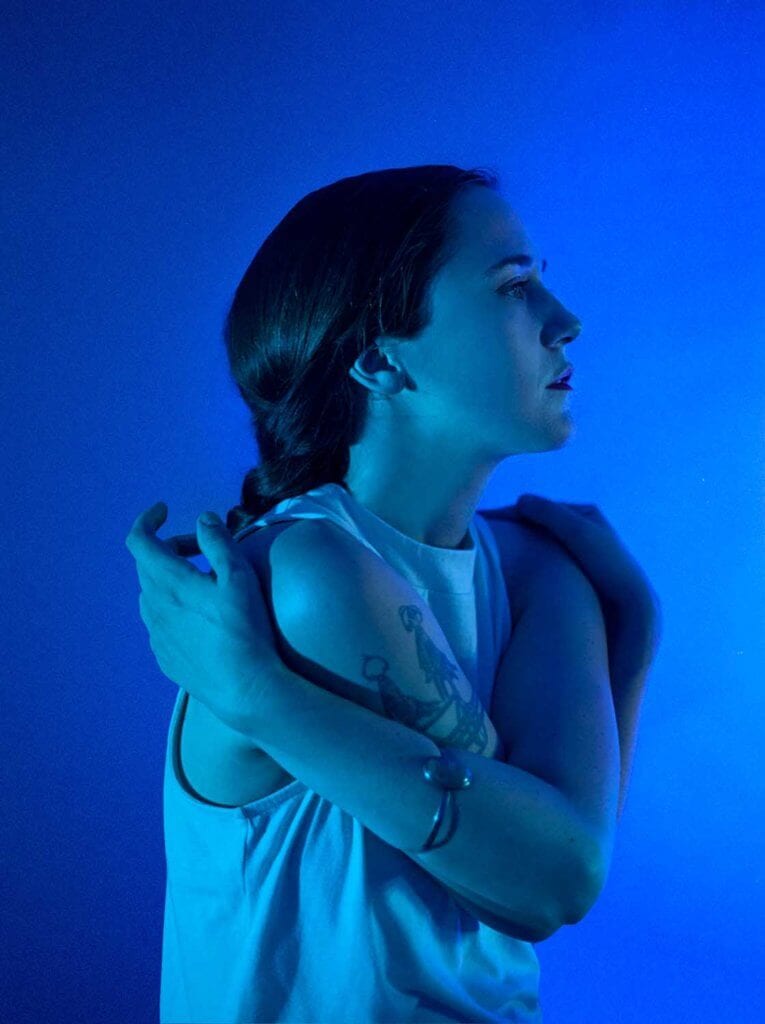
I read that you have no formal musical training and can’t read music. What drew you to start playing in the first place?
I had a little bit of piano lessons when I was a kid, but I just pretended to read the music and would learn it by ear. It’s all intuitive.
I started playing guitar in high school. The second I had my first three chords, I was writing songs and kept going from there. I made the transition away from folk music into other palettes and worlds.
Do you have a desire to learn music theory now, or is there something special about improvising and using intuition?
If you had asked me this two years ago, I probably would have said, “I don’t want to know anything.” In certain respects, it helps me make interesting mistakes. For me, that’s the whole point of making music—surprising yourself, breaking the rules, and figuring out how to find the wrong way of doing things that actually ends up being right. That process is a lot easier to do when I’m naive.
At the same time, as I write more and learn more instruments and learn different ways of songwriting, I find myself having more of a profound respect for the folks who can speak these languages fluently. I think for me, the best case scenario is collaborating with those folks and staying in my child’s eye.
When you write a song, what instrument do you grab first? What role does the guitar play in your songwriting process?
For the longest time, the guitar was the whole process for me. Only in the past couple years have I started to switch over to writing on different instruments—piano, vocoder, Ableton—but I always end up coming back to guitar as a way of understanding the form of what I’ve written. I’ll sit down and figure out what it was that I came up with with the guitar, which informs where I end up going next.
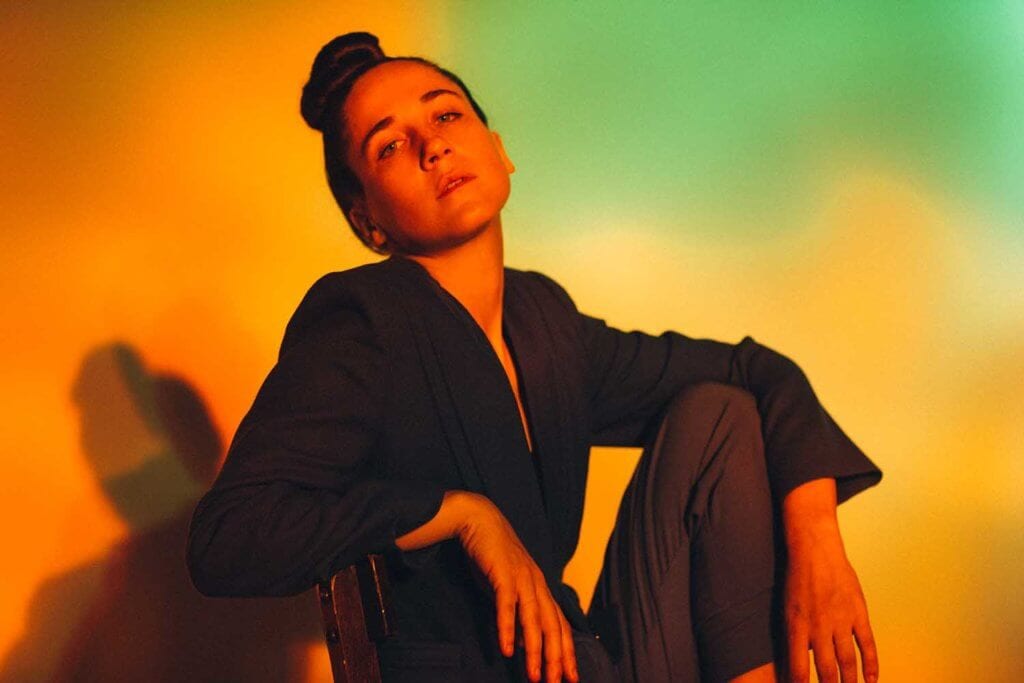
Tell me about your process of cutting up magazines and newspapers to help you write lyrics. Are any newspapers and/or magazines more fruitful than others?
It’s often not profound or literary magazines that end up being the most interesting. I can’t remember the name, but there’s a middlebrow travel magazine with a really interesting dynamic between all these logistical words and then words that you would use in your ninth grade poetry class.
You wrote some songs from Arthur Moon while at the Helene Wurlitzer Foundation artist residency program. Can you describe what that was like?
I was alone in this cabin in a desert in New Mexico. I had a single bed. I was very ascetic. I had this grand piano, my guitars, my computer, and keyboards. I was alone for three months, which was scary but amazing.
I spent a lot of time just staring at the wall. I ended up realizing that staring at the wall is a huge part of the creative process. Boredom, loneliness, and not doing anything is such a privilege and an important part of the creative process. I wish I had that built into my life here in the city more.
Let’s talk about your song “Reverse Conversion Therapy.” You’re referring to the dangerous practice of changing an individual’s sexual orientation but flipping it on its head. What motivated you to write this song?
The record is about a lot of gay stuff, and that was one element of the narrative I was trying to tell about the character of Arthur Moon and their coming of age, coming out, and coming to terms with bullshit.
That song in particular felt like an exploration of this thing that I’ve always had an eye toward, which is trying to create these moments of disorientation in music. One example that I use is the feeling of being on a roller coaster, where you’re still looking at the ground and the Earth, but you’re upside down. It’s pleasurable and scary and confusing at the same time.
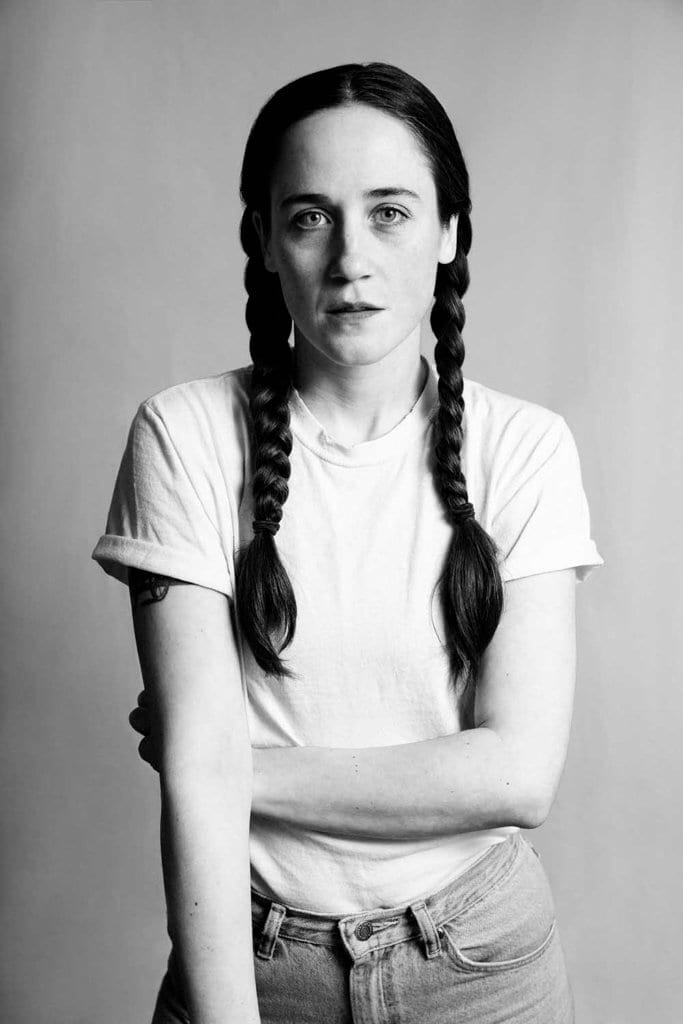
Why did you decide to go with a moniker rather than your name? Does the moniker allow more freedom to be yourself, or do you view Arthur Moon as a character separate from yourself?
Arthur Moon is definitely me, but also a character of me. It does feel like it gives me permission to embody this character who represents my experiences and my understanding of the world. because that’s all I have. It also feels like it’s expressly not something that I have to own every day. I can walk away from them and then come back, which allows me to do things that would feel a little bit more scary.
On the record, you pair fairly somber lyrics with bright sounds. Were these juxtapositions intentional or something you realized after you finished the song?
I get bored when things are too straightforward. I want there to be nuance and confusion and this feeling of not totally being sure what the message is or where you’re going, but being down for the ride anyway.
In [the song] “I Feel Better,” I built this soundscape that comes in at the beginning that sounds like weird birds chirping underwater. I was just sitting with that sound, and I was thinking about my life back in New York. I wrote that one when I was in New Mexico, and that feeling of being underwater in your own anxiety or depression—like New York in February. But it’s also like hearing spring coming and being simultaneously like, “Fuck you spring, fuck you birds,” and also wanting to have that feeling of exhilaration that often comes with spring in New York.
I remember when I brought that song to the band. I played it for them for the first time. Everyone was quiet for a second, and I was like, “So, I clearly don’t feel better.” [Laughs.]
Anyway, that’s my favorite experience of listening to music, and I hope that’s what our music ends up doing.
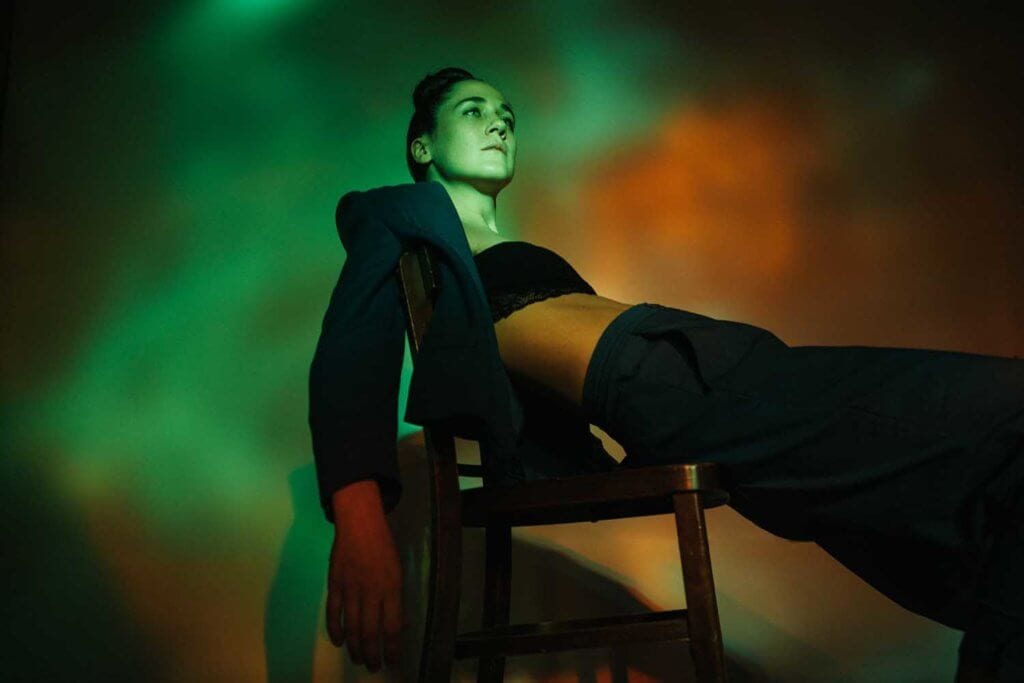
Check out Arthur Moon on tour this September and October!
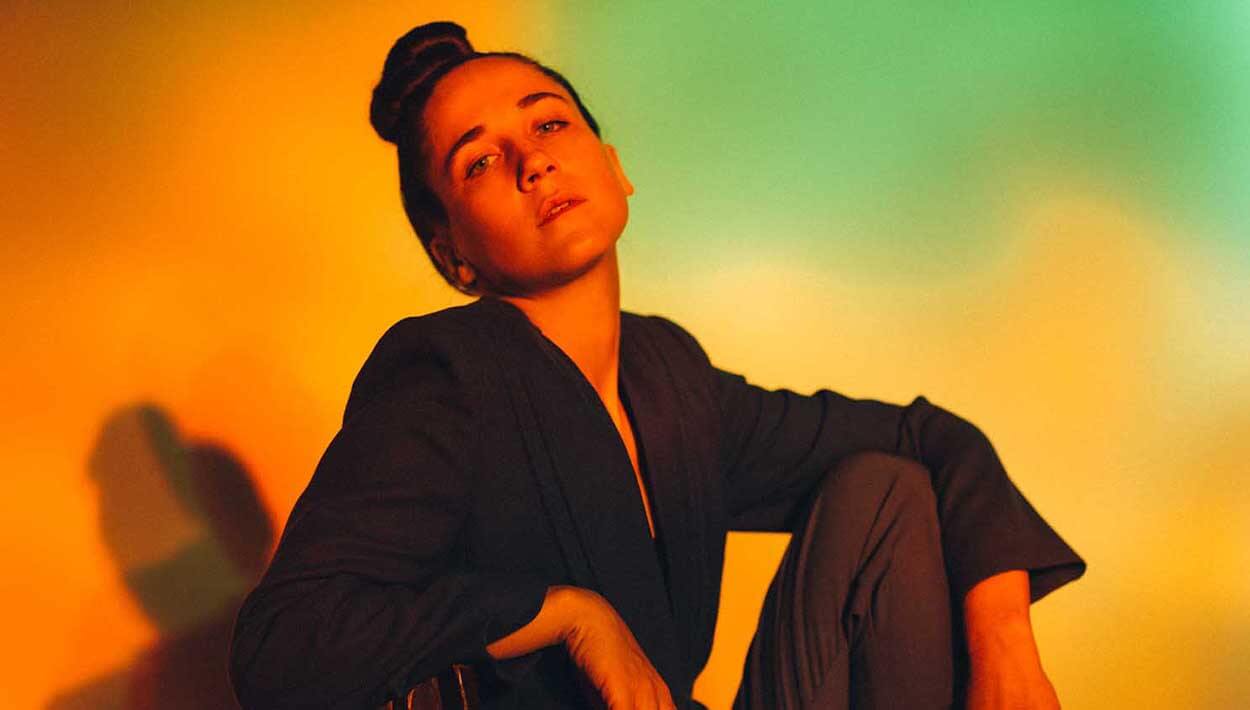


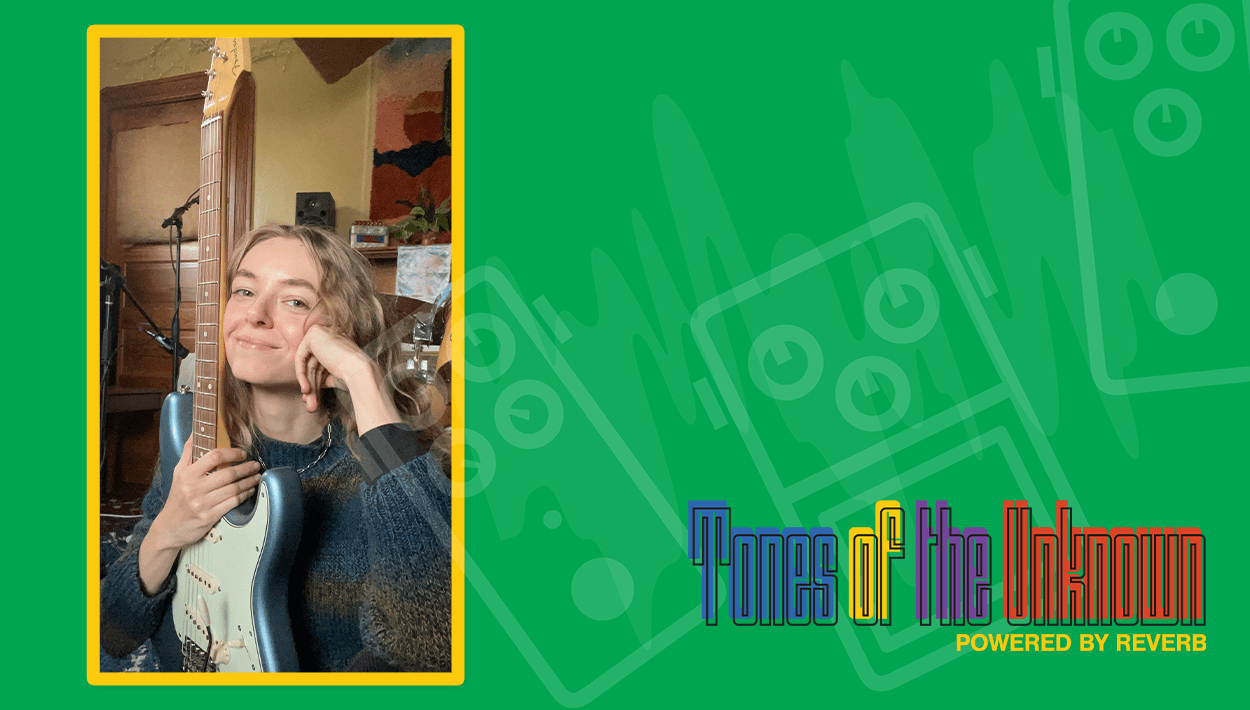
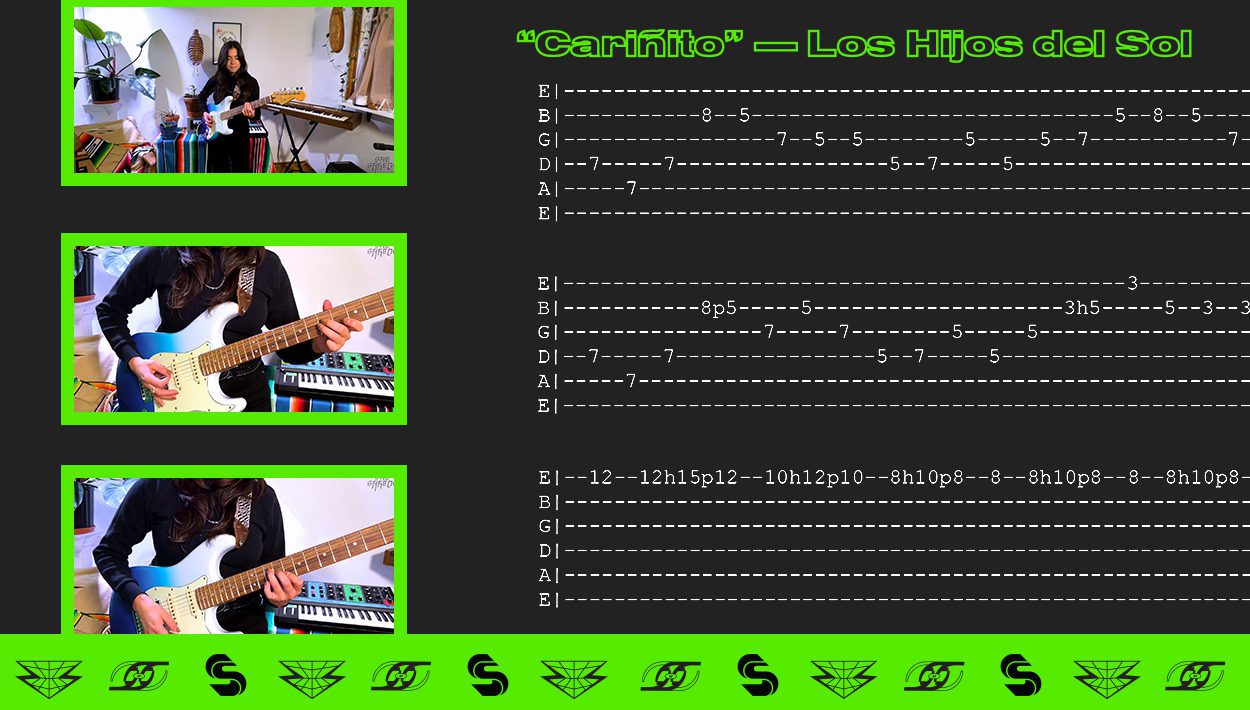
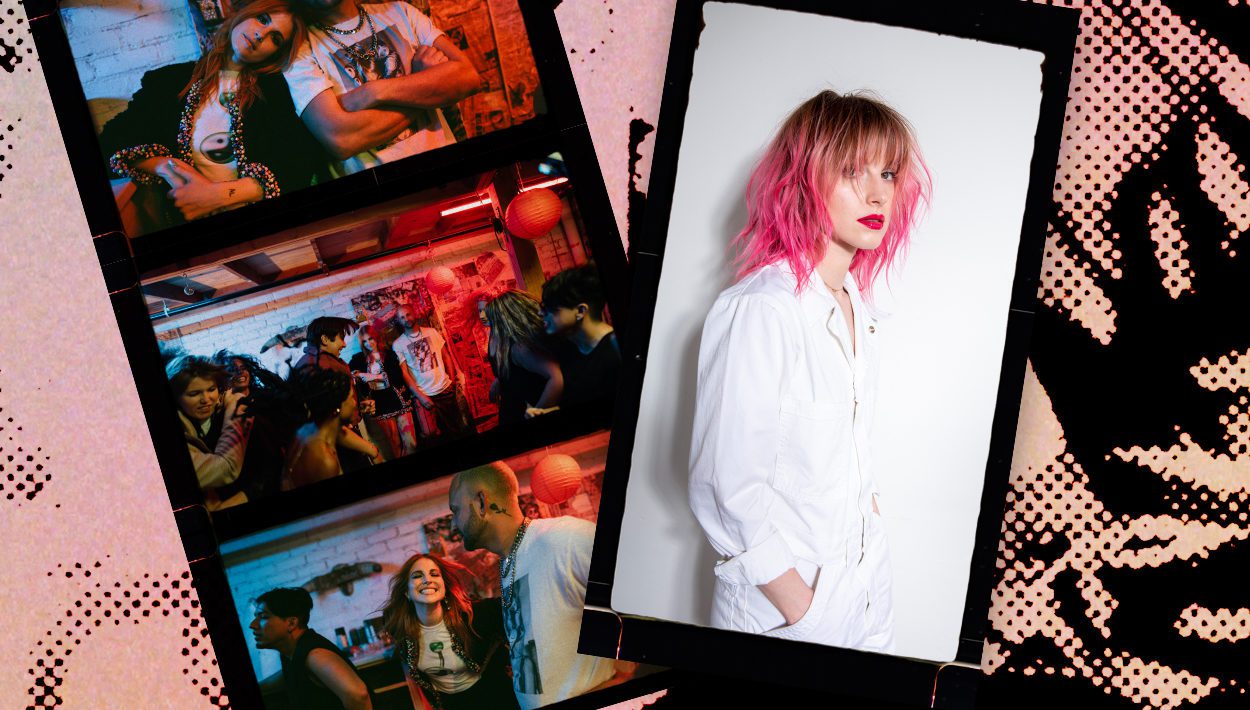
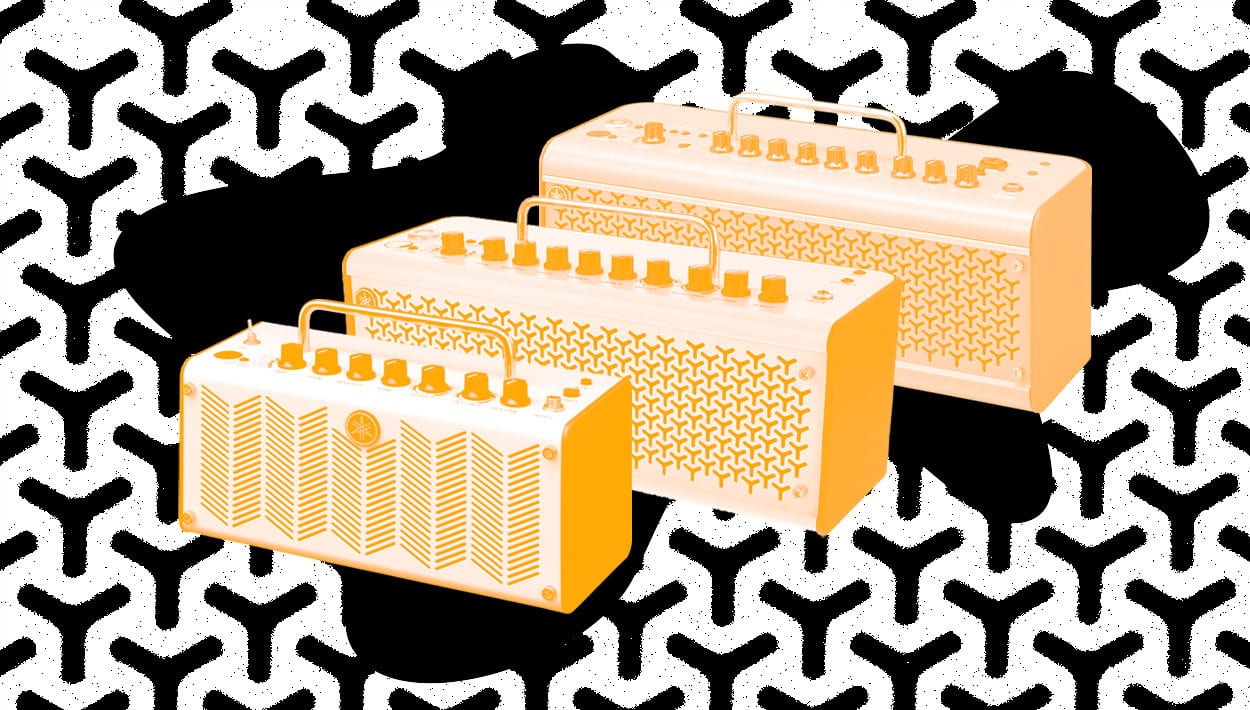
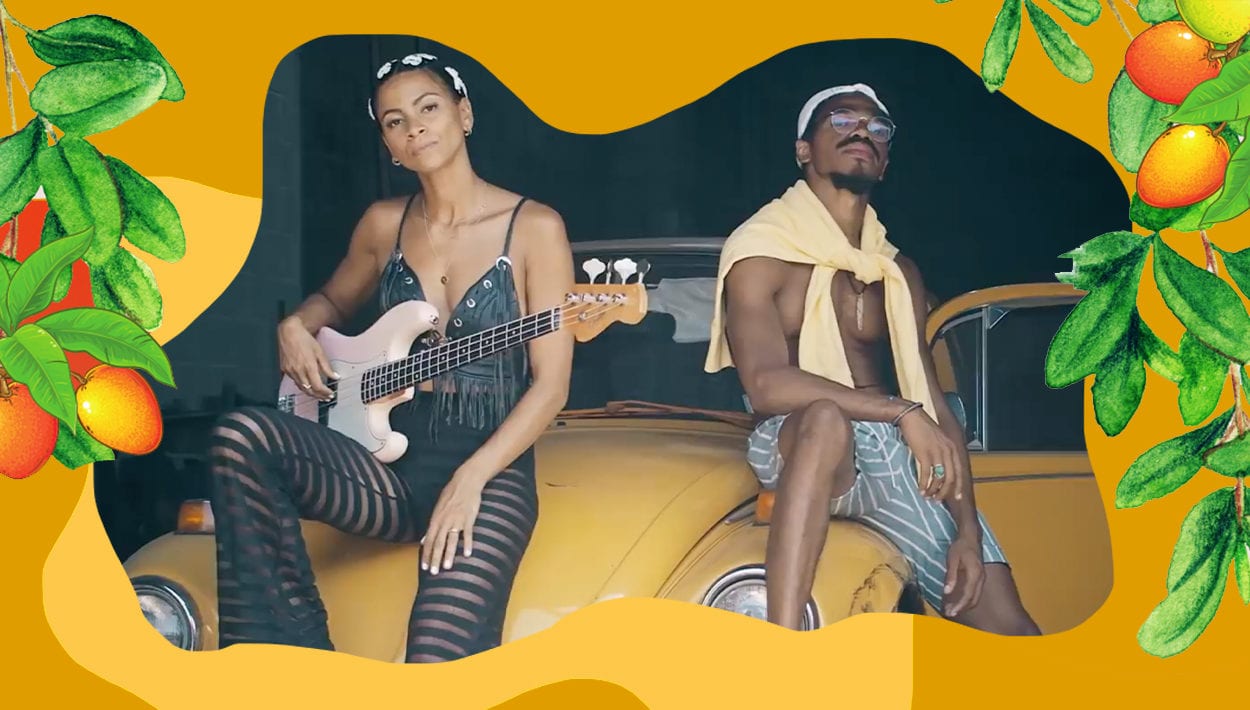
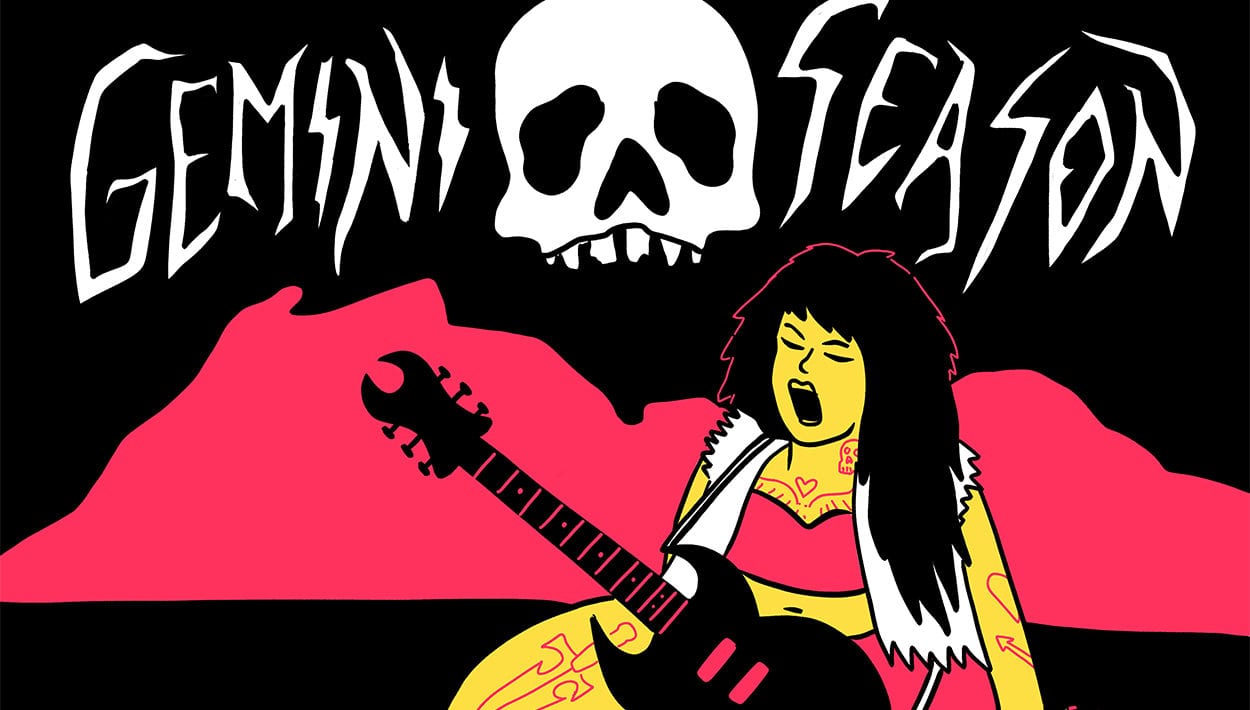
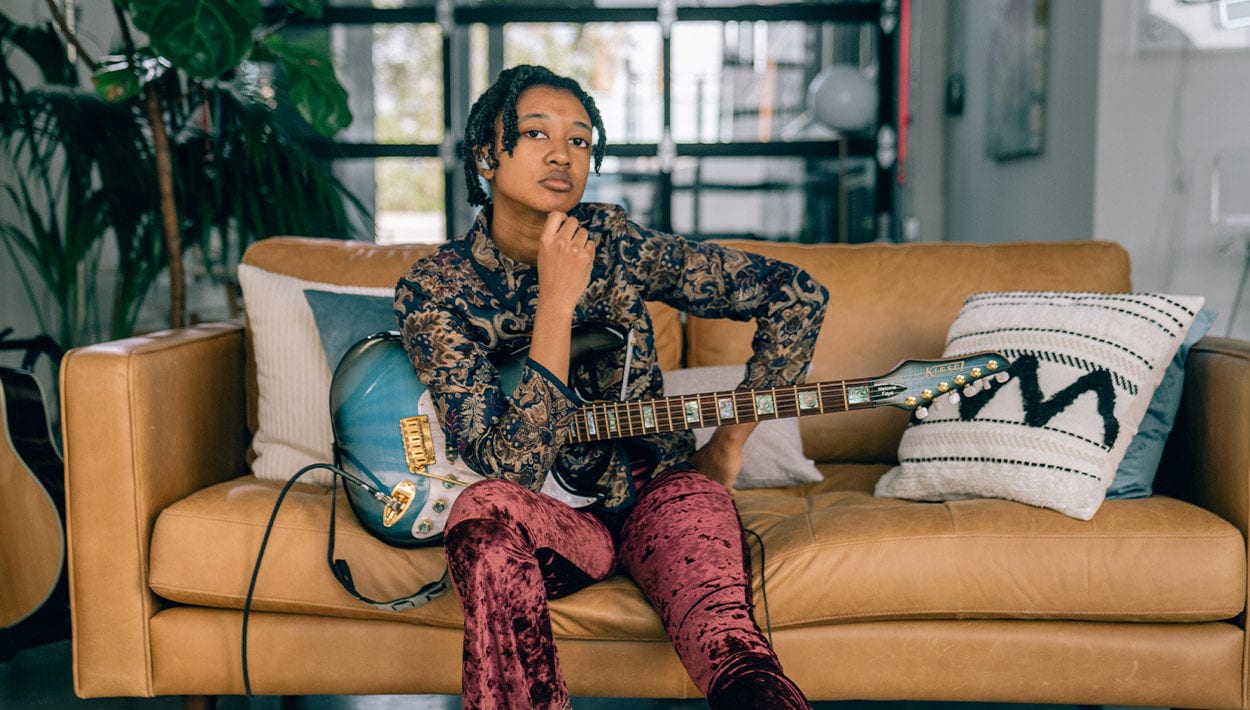
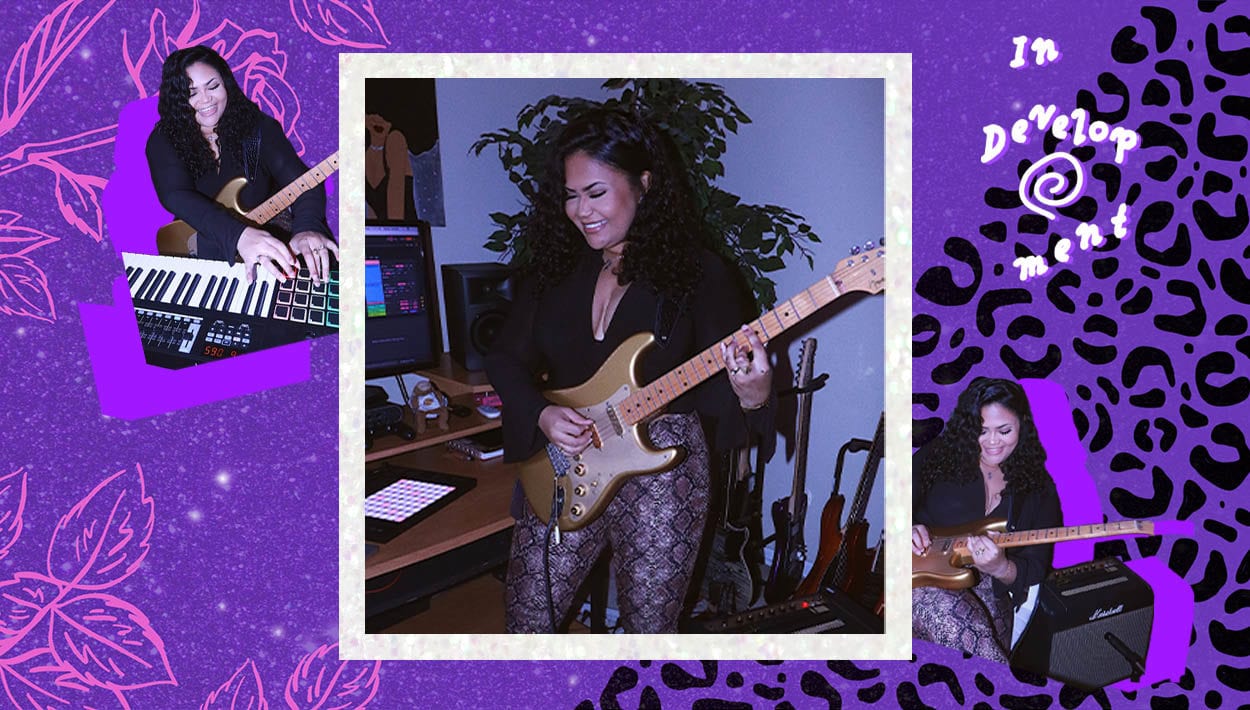
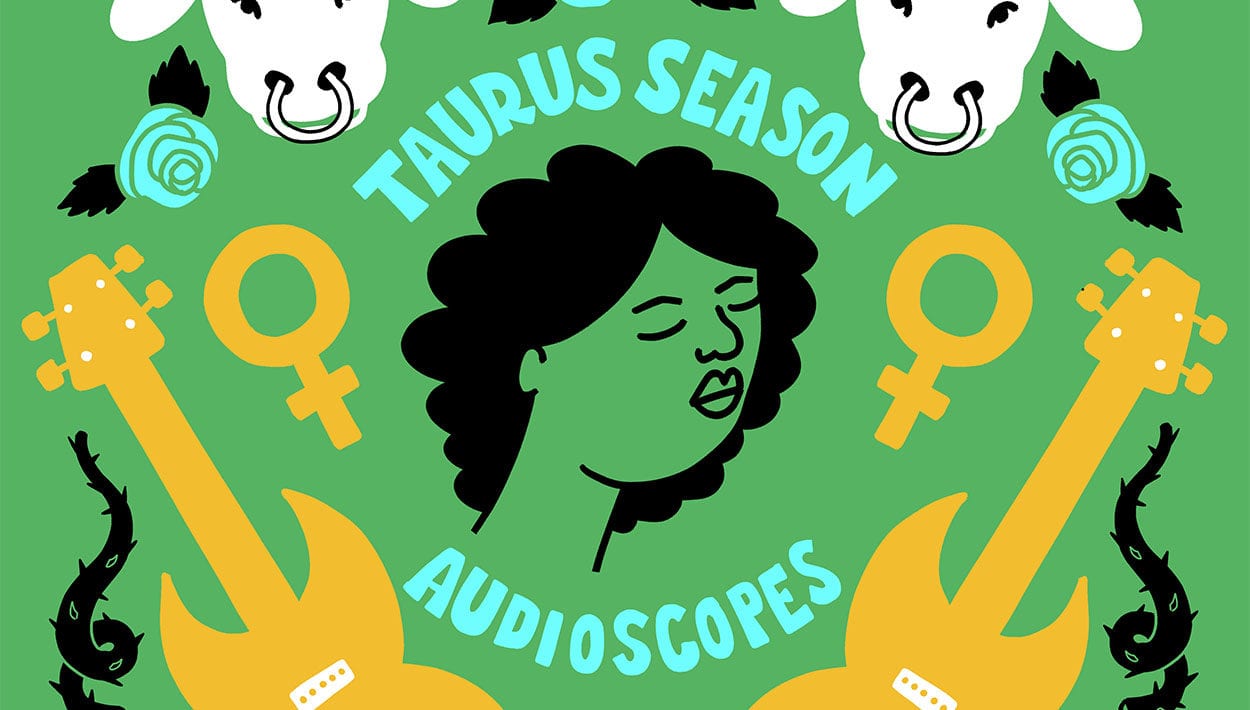


Comments
I can tell you that you can use online therapy without problems or difficulties. So the affordable therapy was a salvation to me, when I had to conquer a hard time in my life, I had great trouble opening up to someone. So from myself I can tell you that you can open yourselves to him. He will certainly try to open up to him. Thus, even if much depends on your perception and focusing on outcomes, grief counseling can help with depression. That’s exactly what happened to me.
Comment by Klais Surik on April 7, 2021 at 6:29 am